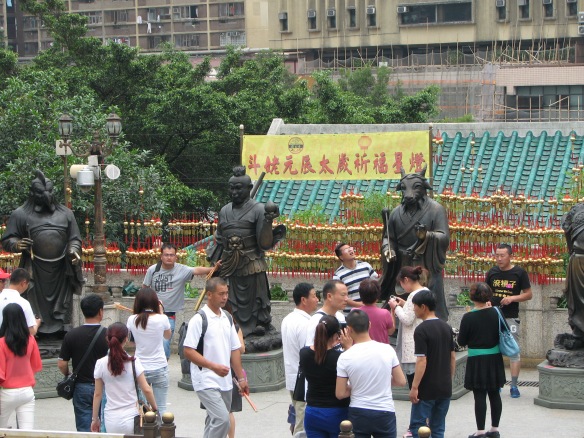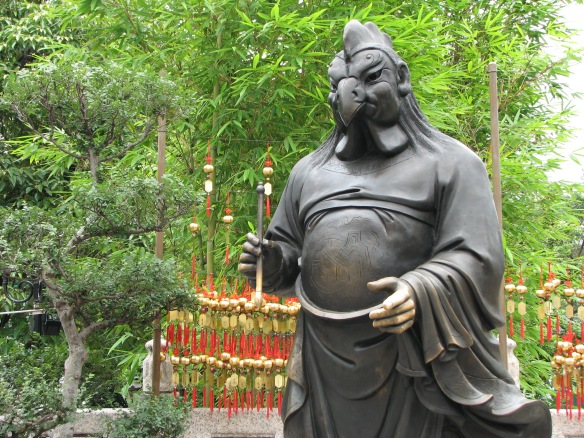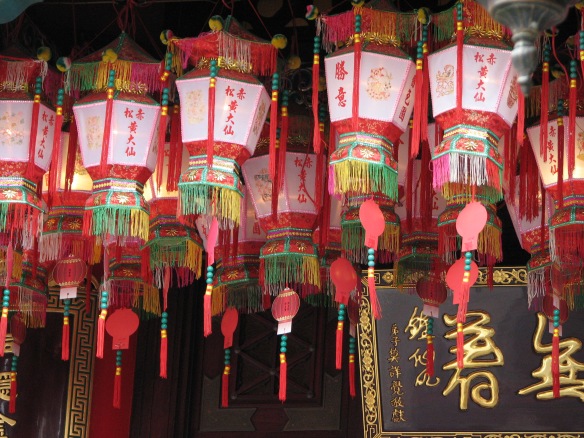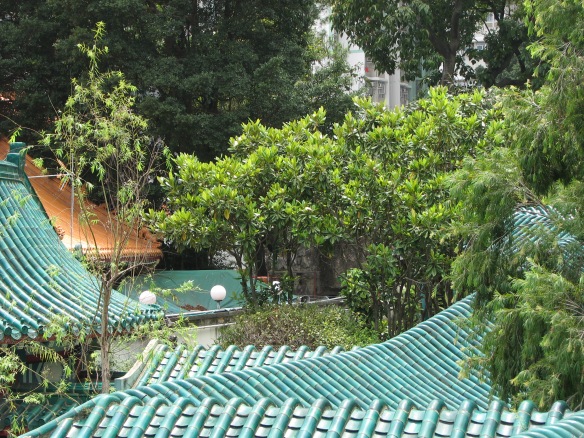I go one afternoon a week to where refugees are housed and provide therapy for a woman I will call M. [1]
When I decided to take the plunge and volunteer, I had no idea what that would look like or what I’d be doing. For the last thirty years I’ve worked as a massage therapist. I’ve treated people across the health spectrum: Pregnant. Disabled. Patients during chemo and radiation therapy. Triathletes to couch potatoes. People seeking relaxation, to a man in need of pain relief years after a helicopter crash. My abilities as a therapist deepen with each person I attempt to help.
I’m licensed in both Europe and America. I kept my US credentials current by doing periodic workshops. I did this for decades, until the weekend seminars felt like I was reinventing the wheel.
I briefly considered doing massage with the aged after we put my mother-in-law in a nursing home near us. But my grief as I accompany Mama in the twilight of her life makes it too personal. When I learned a refugee needed massage, it seemed like the perfect way to stretch myself as a therapist and as a human being.
M. and her family fled from an earlier war zone; they’ve been in my village for over a year. M. is severely traumatized. She existed in a catatonic state for many months. Loud or sudden noises trigger panic attacks and migraines and a voice moaning in her head. Her entire body is a field of pain. Most movement is agony.
Within minutes of beginning our initial massage, M. began sobbing. She cries through every single session. It’s ‘just’ nerves.
No one in her family will tell me her story. I have bits and pieces, cobbled together from talking with her doctor and the volunteer organization. She discovered a dead body. Was it suicide, or murder? Was it a family member? She was raped more than once. Twice, ten times, one hundred? One man or many? Someone known to her? Looters? Soldiers?
Like I say: I have bits and pieces.
I first met the German liaison when she took me to the refugees. She gave me the barest of details, less than five minutes before I met M. I’d be working right away, without any volunteer training or medical protocols in place. For me the single most important question was: Who had requested the massage therapy?
It was M.
NOTES: [1] To respect the privacy of those involved I have changed names and identifying details, and use initials only. Part 4 to follow.








































